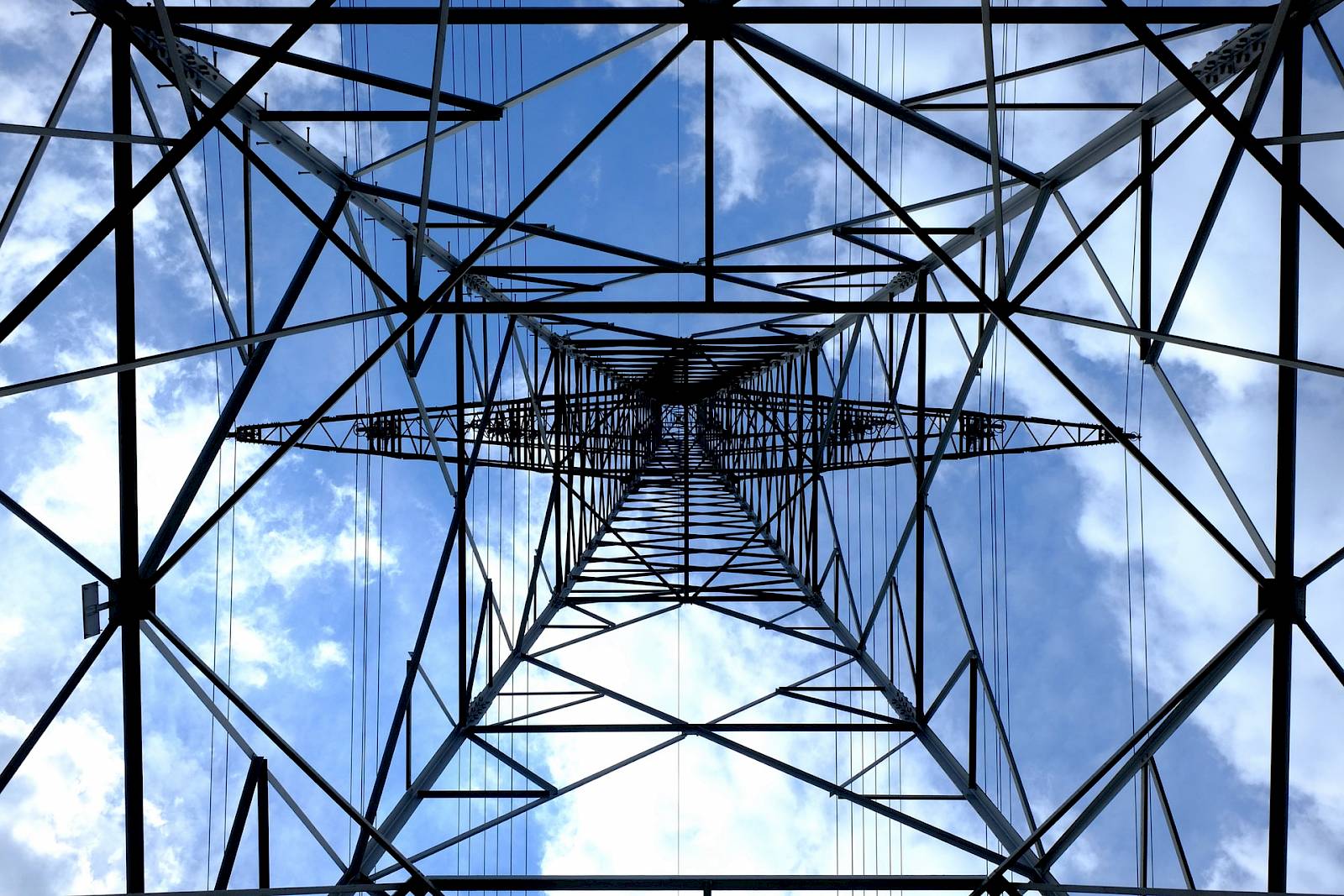
Distributed Power
How Blockchain Will Transform Global Energy Markets
In this research, energy expert and innovator Lawrence Orsini shares his work on blockchain applications that will transform global energy grids at local, national, and international levels.
Lawrence Orsini provides a snapshot of today’s energy markets, consumers’ willingness to generate their own electricity through green technology, and blockchain’s ability to create peer-to-peer markets for excess energy.
Pointing to experiments in Australia and Germany, Orsini shows how blockchain will support the next generation of energy infrastructure. He discusses the roles of stakeholders—policymakers, energy producers, and corporate intermediaries—and he suggests actions these stakeholders can take to move this blockchain energy revolution forward. It is a must-read for energy engineers, clean-tech investors, regulators, municipal and regional utility operators, and any community looking to generate its own power.
Idea in brief
As more people generate their own energy, blockchain could provide an effective and transparent platform for them to complete peer-to-peer transactions. This marketplace would be more equitable to the small-scale producer-consumers (prosumers) and encourage the development of distributed energy infrastructure, which would prove more efficient and reliable than today’s grid structure.
Blockchain-enabled meters, or smart meters, can effectively collect and communicate data and revolutionize how people use and trade energy. Today, utility companies control such data; however, in the future, individual consumers should get the right to collect, store, and share it. There would be monetized incentives for them to decide who to share the data with on a blockchain-enabled system.
Today’s energy price is volume-oriented: the more we use, the more we pay—no matter the source of the energy, how long the transmission distance, or the time of day, including during peak time grid congestion. When data on energy usage become instantly available via blockchain, energy price would reflect the true cost of the unit used and introduce better ways to regulate the grid traffic.
The months-long grid failure in Puerto Rico provides a valuable lesson to everyone. The current grid structures are often more vulnerable than one imagines. The grid crisis pushes us to reimagine the grid for future generations. A smarter, more distributed grid would prove more effective and resilient.
Published on 2 March 2020, by Blockchain Research Institute